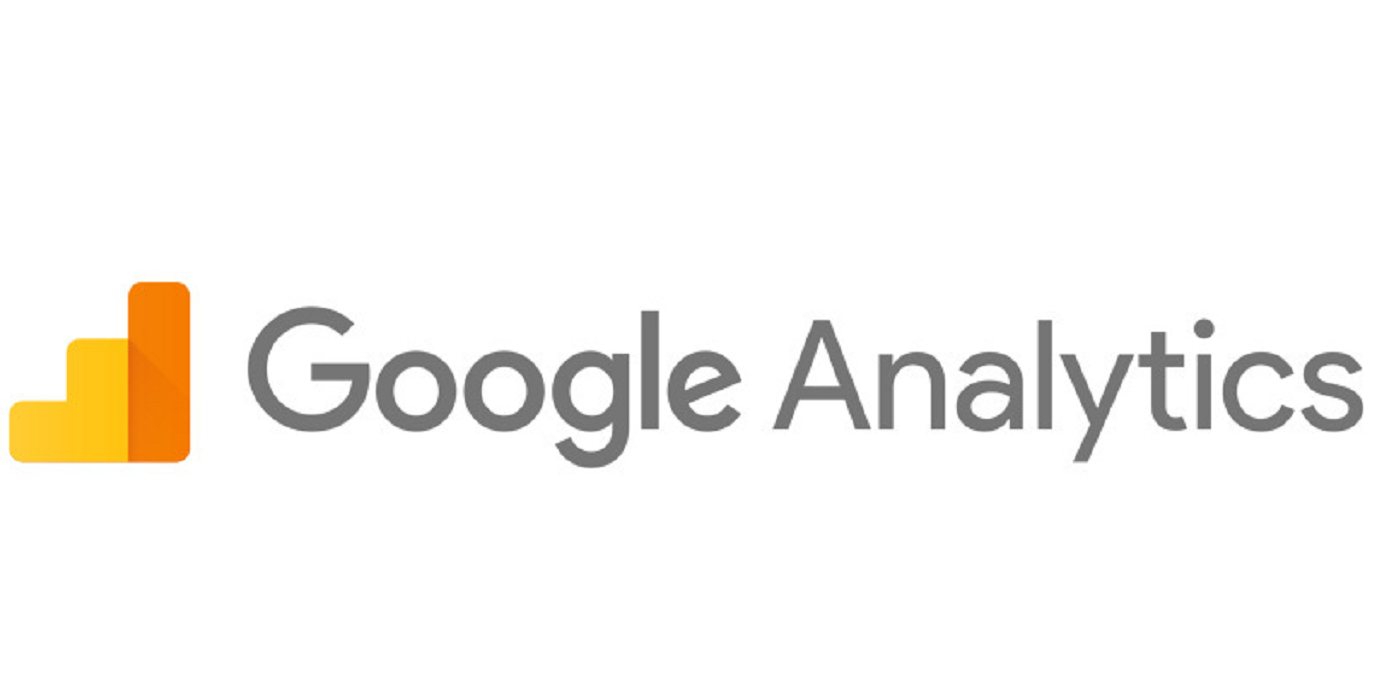While Google Analytics is a powerful tool for tracking and analyzing website data, there are certain types of data or actions that it may be unable to track as goals. Some examples include:
- Offline Conversions: Google Analytics primarily tracks online activities, such as website visits, clicks, and conversions. It cannot directly track conversions that occur offline, such as in-store purchases or phone orders, unless those conversions are manually imported or synced with the analytics platform through integrations or custom implementations.
- Customer Lifetime Value (CLV): While Google Analytics provides data on individual user behavior and conversions, it doesn’t directly calculate or track customer lifetime value. CLV is a metric that indicates the total value a customer brings to a business over their entire relationship, including repeat purchases and long-term loyalty. Estimating CLV typically requires additional data integration and analysis beyond the scope of Google Analytics.
- Revenue from Third-Party Platforms: If your business generates revenue from third-party platforms, such as an app store or an e-commerce marketplace, Google Analytics may not track those transactions by default. It usually requires integrating those platforms with Google Analytics or using additional tracking mechanisms to capture and attribute revenue correctly.
- Social Media Engagement: While Google Analytics can track the traffic generated from social media platforms and measure conversions, it does not provide granular data on social media engagement, such as likes, shares, comments, or specific post interactions. For detailed social media analytics, it is recommended to use platform-specific analytics tools or social media management software.
- Scroll Depth or Time on Page: Google Analytics provides basic metrics for average time on page and bounce rate, but it doesn’t track specific scroll depth or precise time spent on different sections of a page. To measure scroll depth or detailed time on page, you would need to implement custom event tracking or use specialized tools that offer these capabilities.
- User Demographics: Google Analytics provides aggregated demographic data about your website visitors, but it doesn’t provide personally identifiable information (PII) about individual users. It cannot track or display data like names, addresses, or specific personal details due to privacy concerns.
It’s worth noting that while Google Analytics may have limitations in tracking certain types of data, there are often workarounds and integrations available to capture and analyze that data in conjunction with the platform. Additionally, Google Analytics can be customized through advanced configurations, custom dimensions, and event tracking to better suit specific tracking needs.




